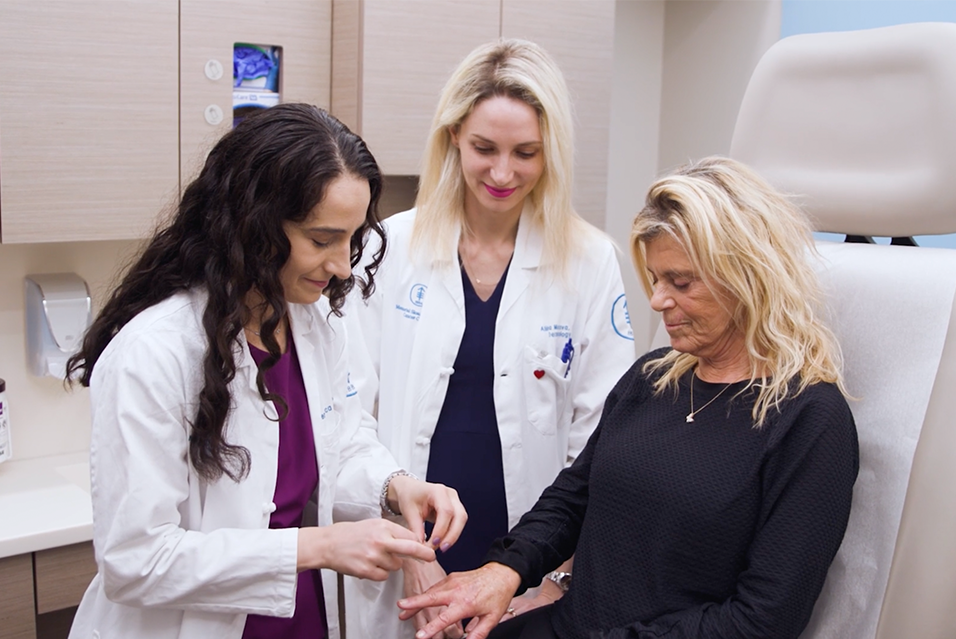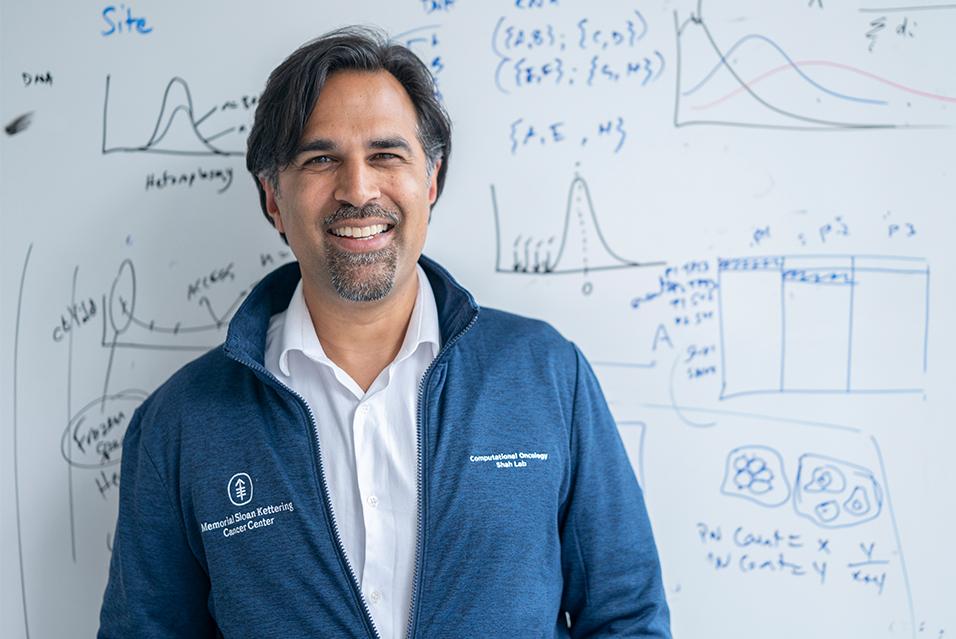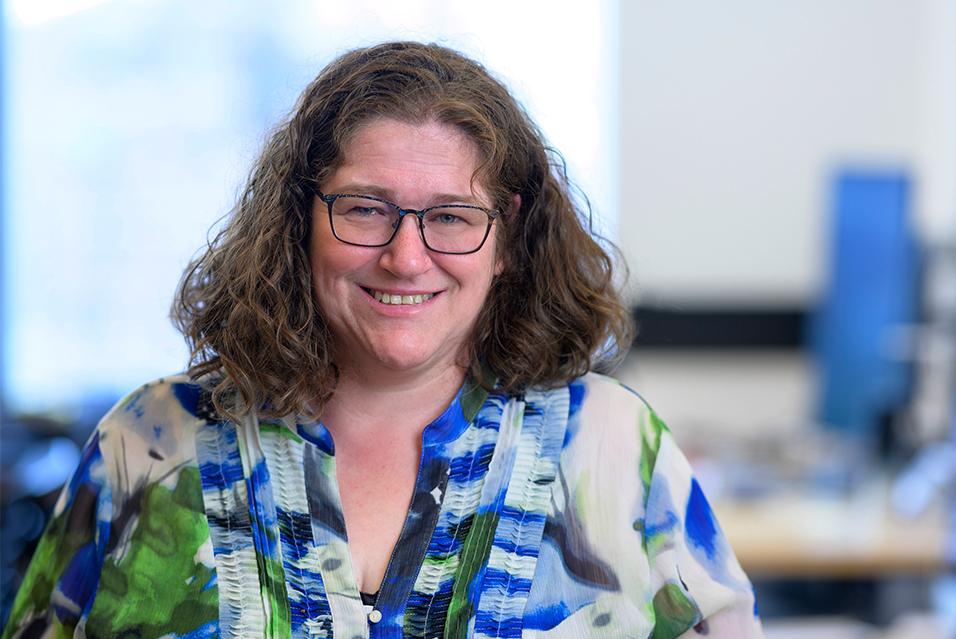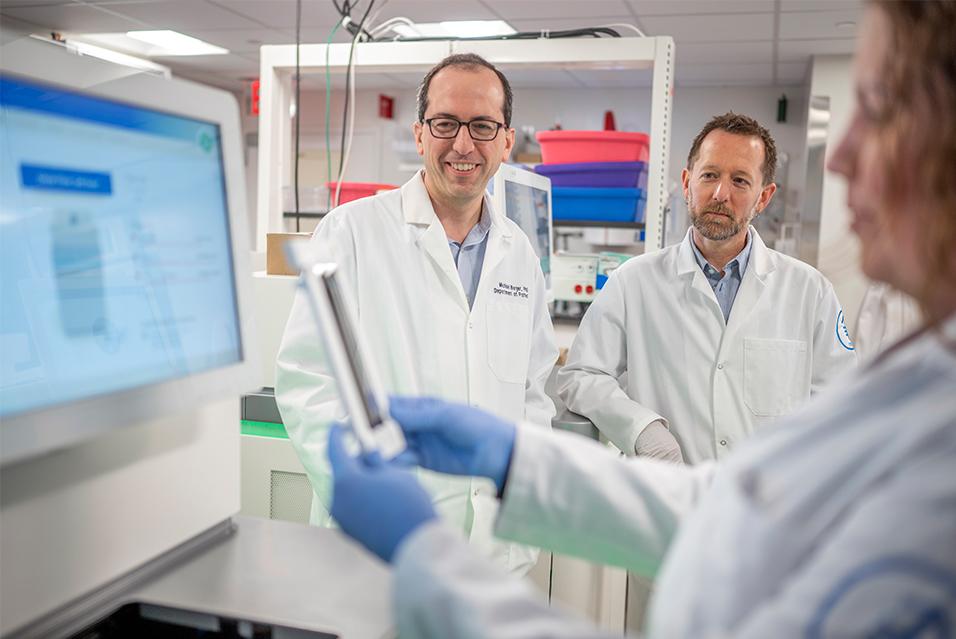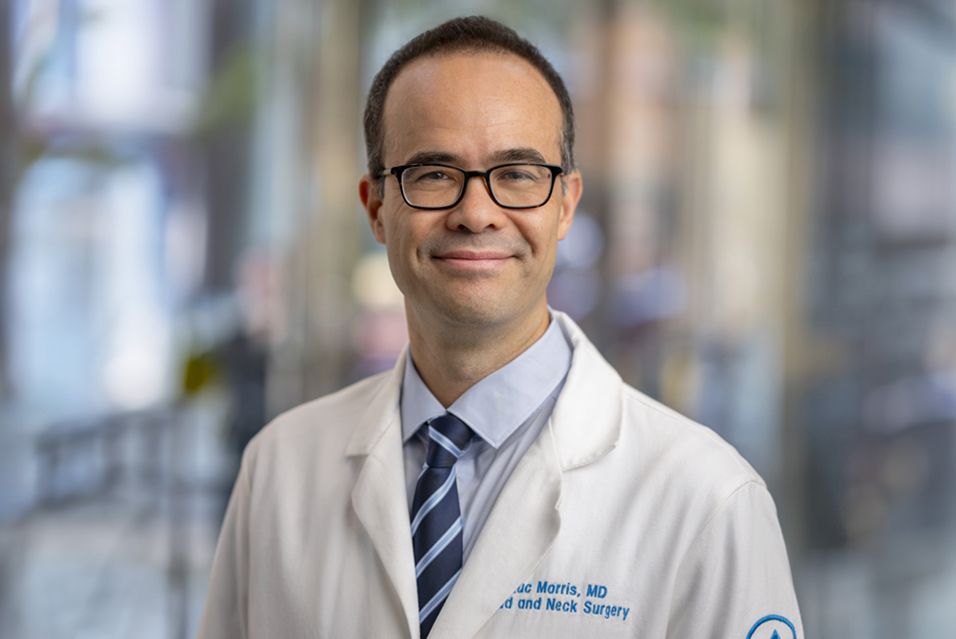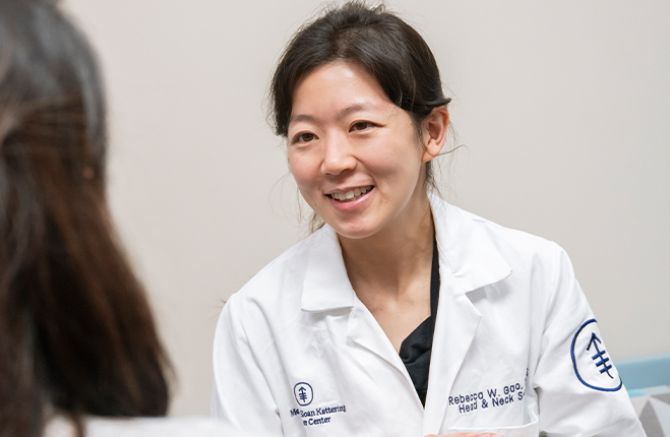Transforming data into cures
Data science is at the core of today’s most innovative cancer research, and MSK is uniquely situated to lead the cancer data revolution. Equipped with high-quality genomic and imaging samples from over 100,000 patients, MSK experts are using data science and AI to improve cancer care and outcomes worldwide.
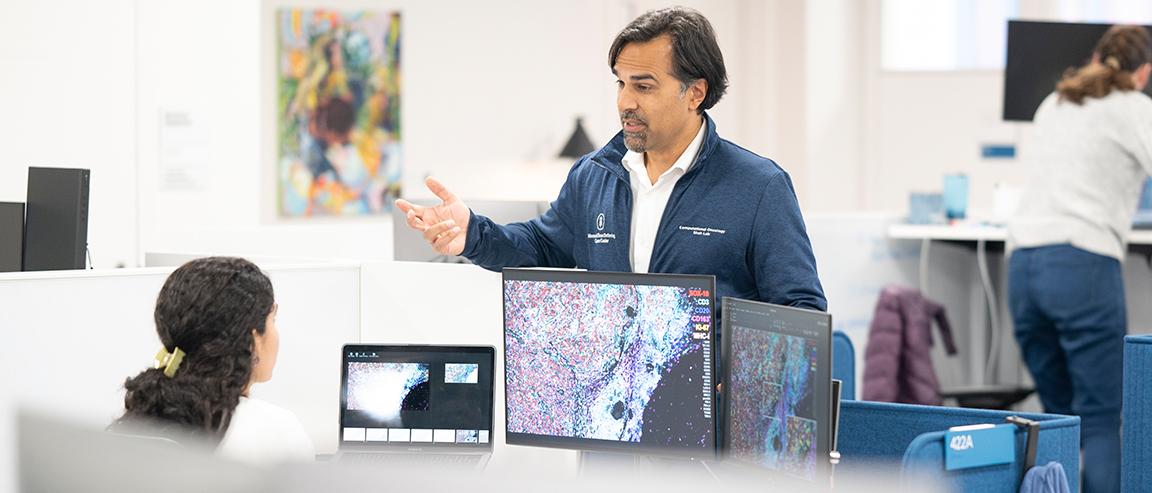
Expanding our understanding of troves of cancer data today
- Our Computational Oncology program applies computer science, data engineering, machine learning, and software tools to advance care.
- SKI’s Computational and Systems Biology Program combines biological findings with computer algorithms and databases for research.
- Computational biology fellowships and undergraduate programs train young scientists.
So more people with cancer can live longer lives tomorrow
As we expand data collection and computational abilities, we are on the brink of even more discoveries that can improve cancer care for people worldwide. Understanding how cancer develops is the first step toward new preventative strategies, treatments, and cures. Your support ensures this research will continue and potentially save lives.
MSK innovations save lives
MSK donors are advancing progress
Transforming cancer care
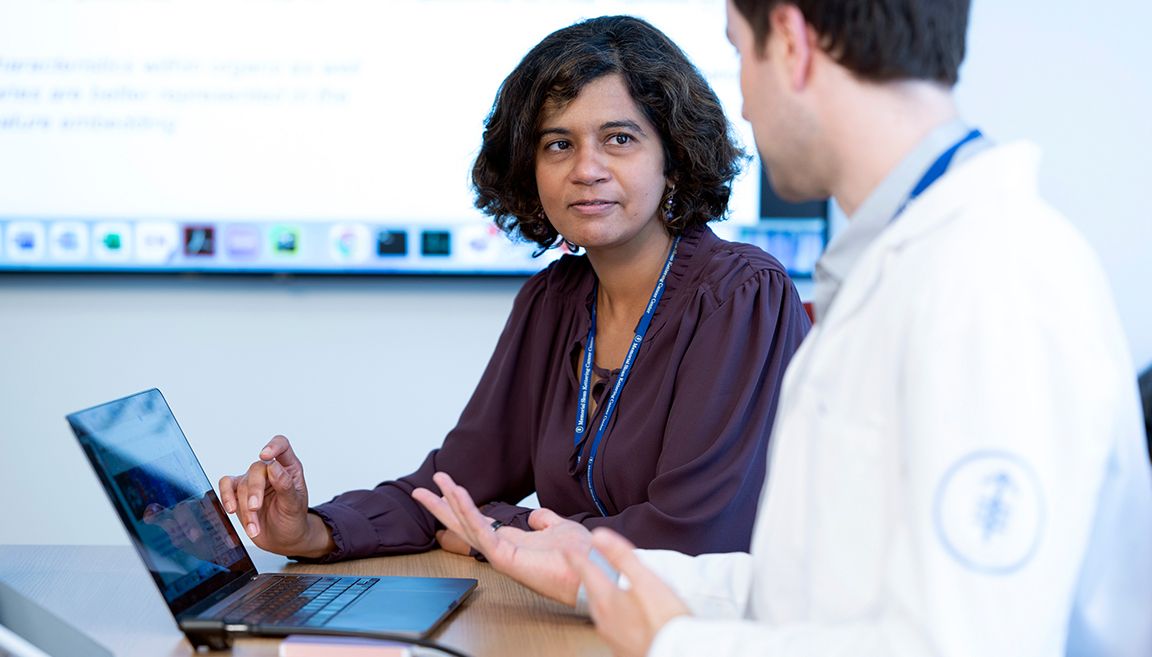
Computational biology and artificial intelligence are playing increasingly important roles in cancer research and care. Generous support from across the MSK Giving community is driving new breakthroughs and discoveries in these fields.
Read moreBolstering services and careers
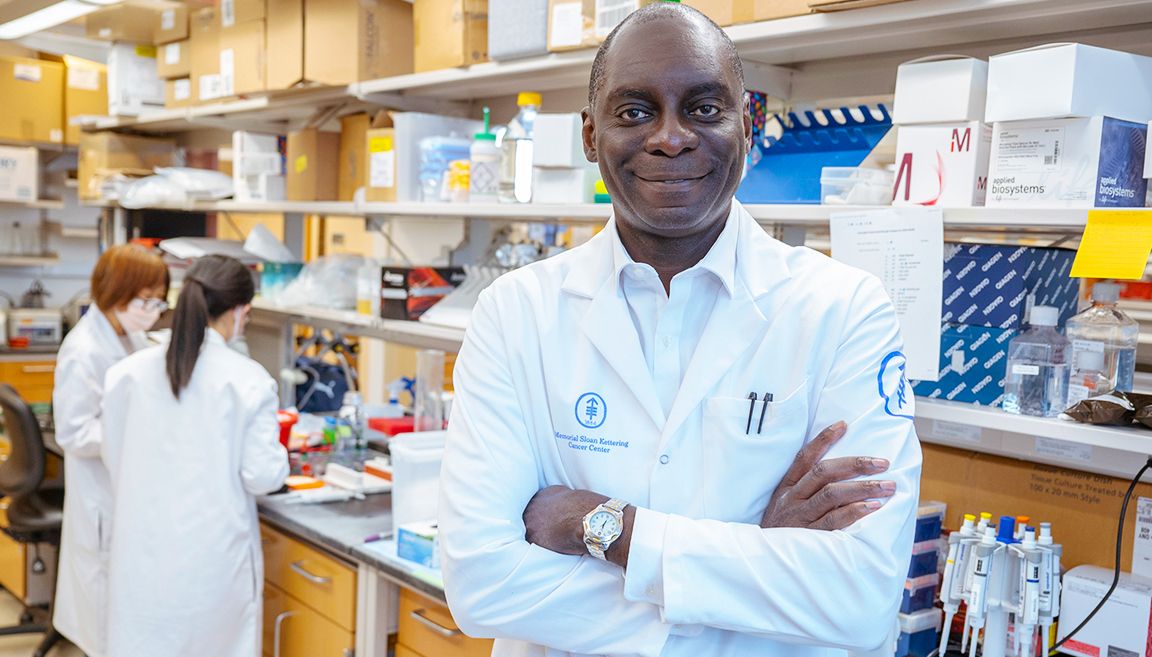
A gift from the Halvorsen Family Foundation is strengthening MSK’s computational oncology initiatives through the Diane and Andreas Halvorsen Center for Computational Oncology Research and two Halvorsen Fellowships.
Learn how donors helpPropelling pathology
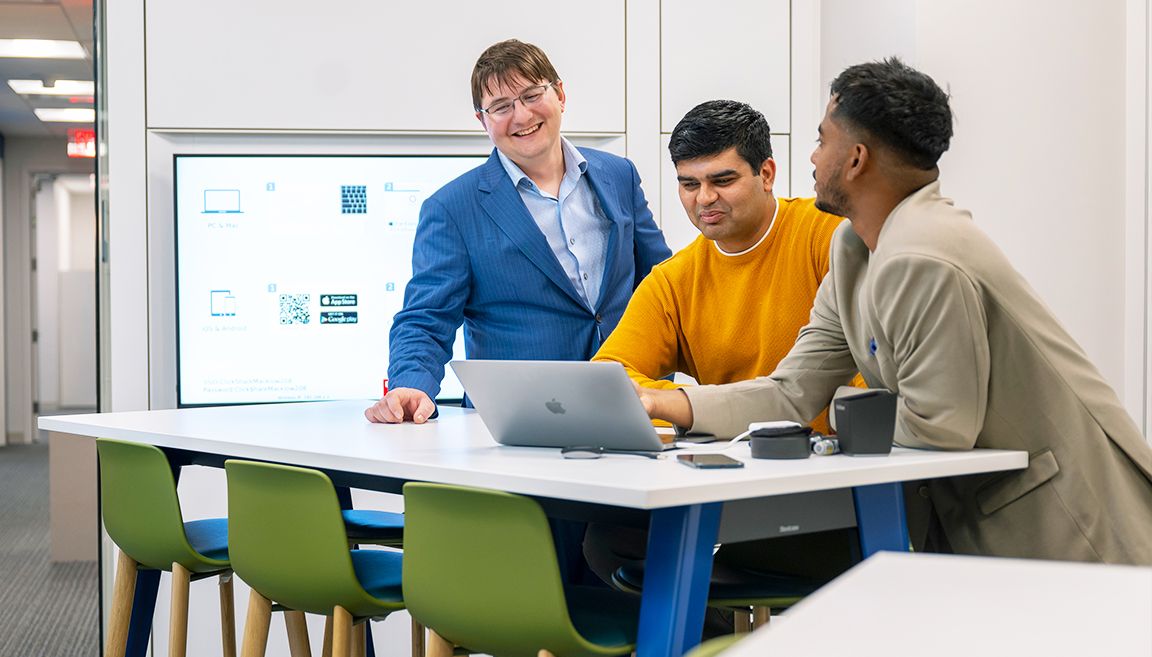
AI helps doctors interpret digital images and slides to diagnose cancer and track its progression. A gift from the Warren Alpert Foundation positioned MSK as a major hub for digital imaging and computational pathology.
Learn about computational pathologyBuilding new tools
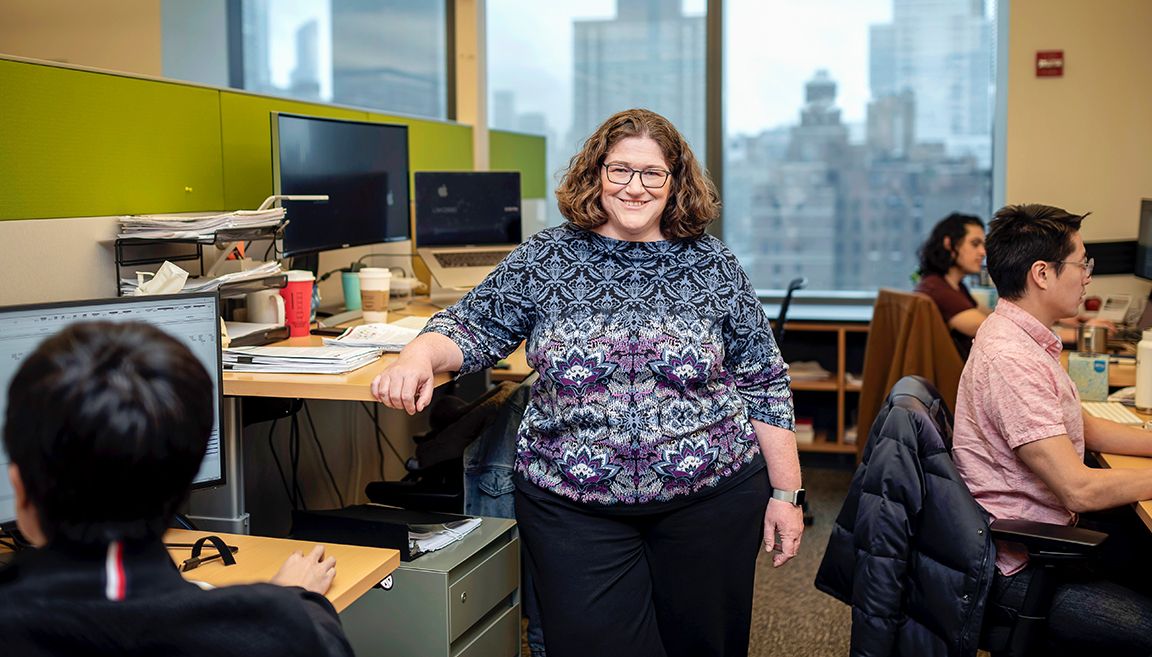
A team of MSK researchers developed a new open-source computational method called Spectra to more effectively analyze data at the single-cell level.
Learn about the technologyHelp us decipher clues in vast volumes of cancer data
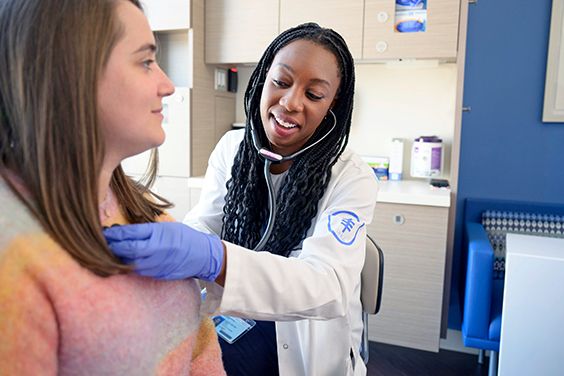
The MSK Campaign: Leading Science. Changing Lives.
The MSK community is raising $6 billion by 2030 to accelerate advances across six key strategic initiatives. Learn more and join us in our mission of ending cancer for life.
Learn more about The MSK Campaign